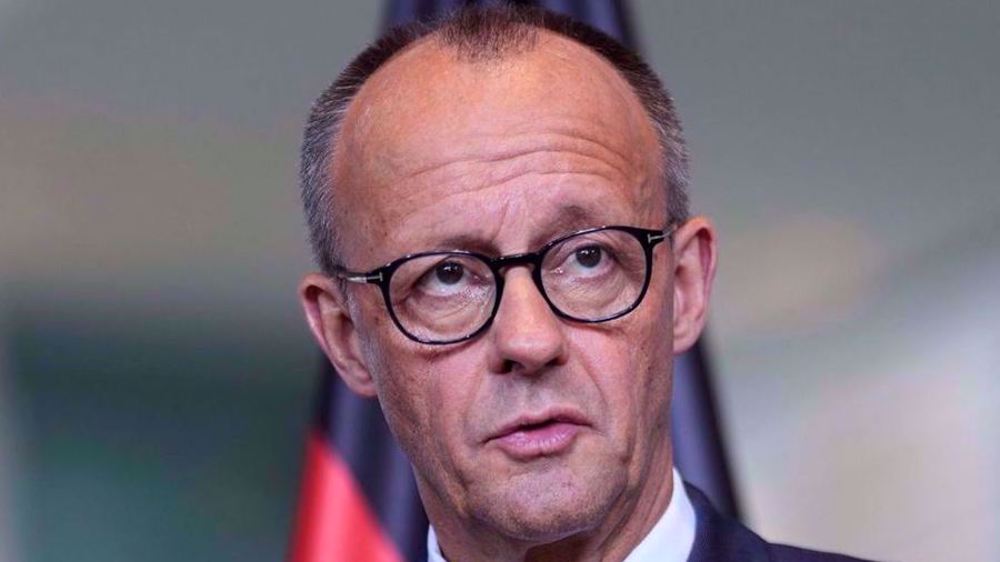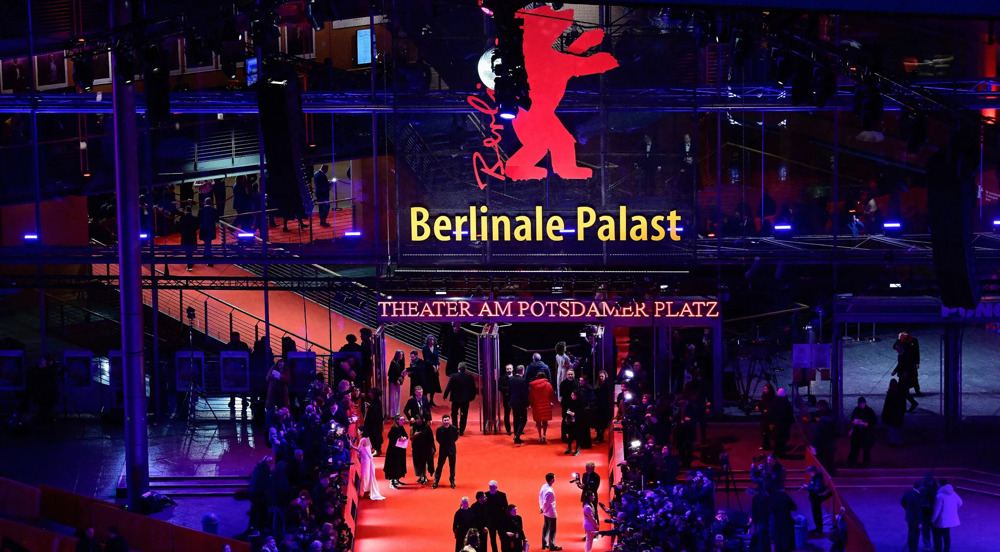German parties begin final round of talks on coalition
The two main German parties have started their final round of talks on forming a coalition although differences remain in key areas including on social policy.
German conservatives led by Chancellor Angela Merkel, known as the CDU/CSU alliance, and the Social Democrats (SPD) began talks Sunday in the hope that they could renew a so-called grand coalition government that has ruled Germany since 2013.
Both parties scored poor results in the September general elections and had initially resisted partnership in a new coalition. Merkel, who seeks a fourth consecutive term in office and has failed in her previous attempts to form a coalition with other parties, said a final agreement was hard to reach and talks could extend to Monday and Tuesday.
"We know what task we have and are trying to do justice to it,” said Merkel, adding, “There are still important points that have to be cleared up, so I am going in with goodwill but of course with a certain expectation that we face difficult negotiations at today's meeting.”
SPD chief Martin Schulz also said there was no need for a hurried deal as the two sides remain different on some key issues.
"I am still interested in making quick progress, but we want to give Germany a stable government, and a stable government involves a durable coalition deal that is agreeable to all,” said Schulz, adding, "So, in the end, we must take the time that we need to create such a stable foundation.”
Merkel’s conservatives and the SPD have managed to overcome their differences on immigration policy, a very thorny issue that cost them a historic fall in popularity in the elections.
However, there are still hurdles for the two sides to pass. A final deal should be approved by a congress of SPD members. Many in the ranks of the party, especially in the grassroots, are skeptical of a new coalition with Merkel, saying it could lead to more problems for the party in future.
US war on Iran burns past $1bn in early days, with total projected to exceed $95bn
US officials warn of challenges posed by Iranian drones
'We warned repeatedly about the limit to our patience': Hezbollah leader
IRGC announces 'blinding' US, Israel's eye in region; vows harsher retaliation coming
Iraqi resistance leader urges Americans to ‘reclaim’ country from Israeli ‘puppet Trump
Iran blasts US-Israeli use of autonomous killer systems against civilians as 'war crime'
US-Israeli aggression left Tehran with no choice but to defend Itself: President Pezeshkian
Iran urges immediate intl. action against US attacks on schools













 This makes it easy to access the Press TV website
This makes it easy to access the Press TV website